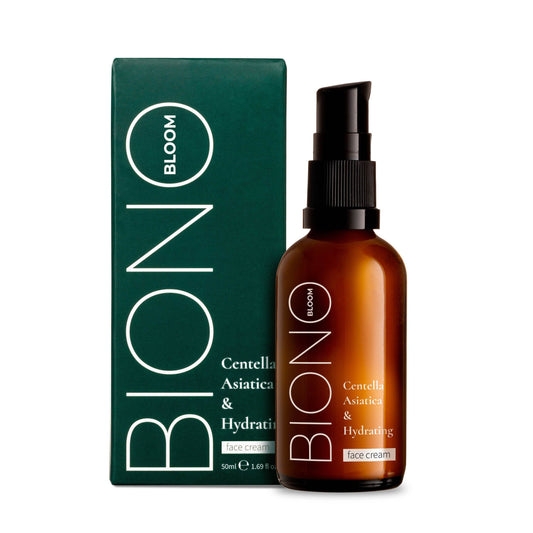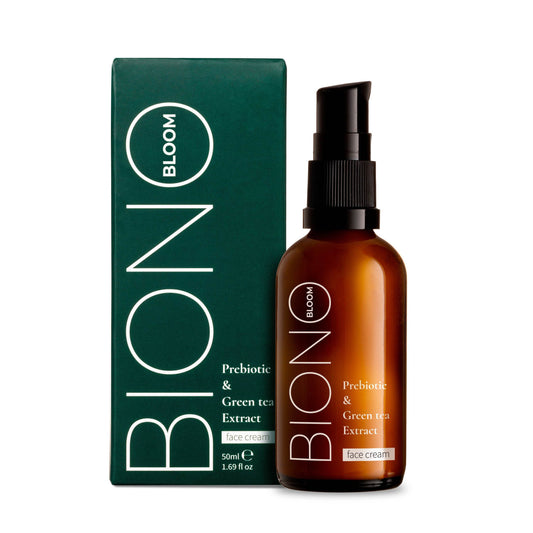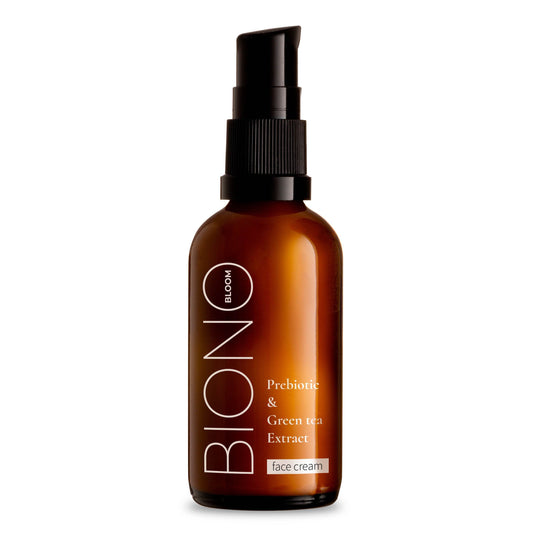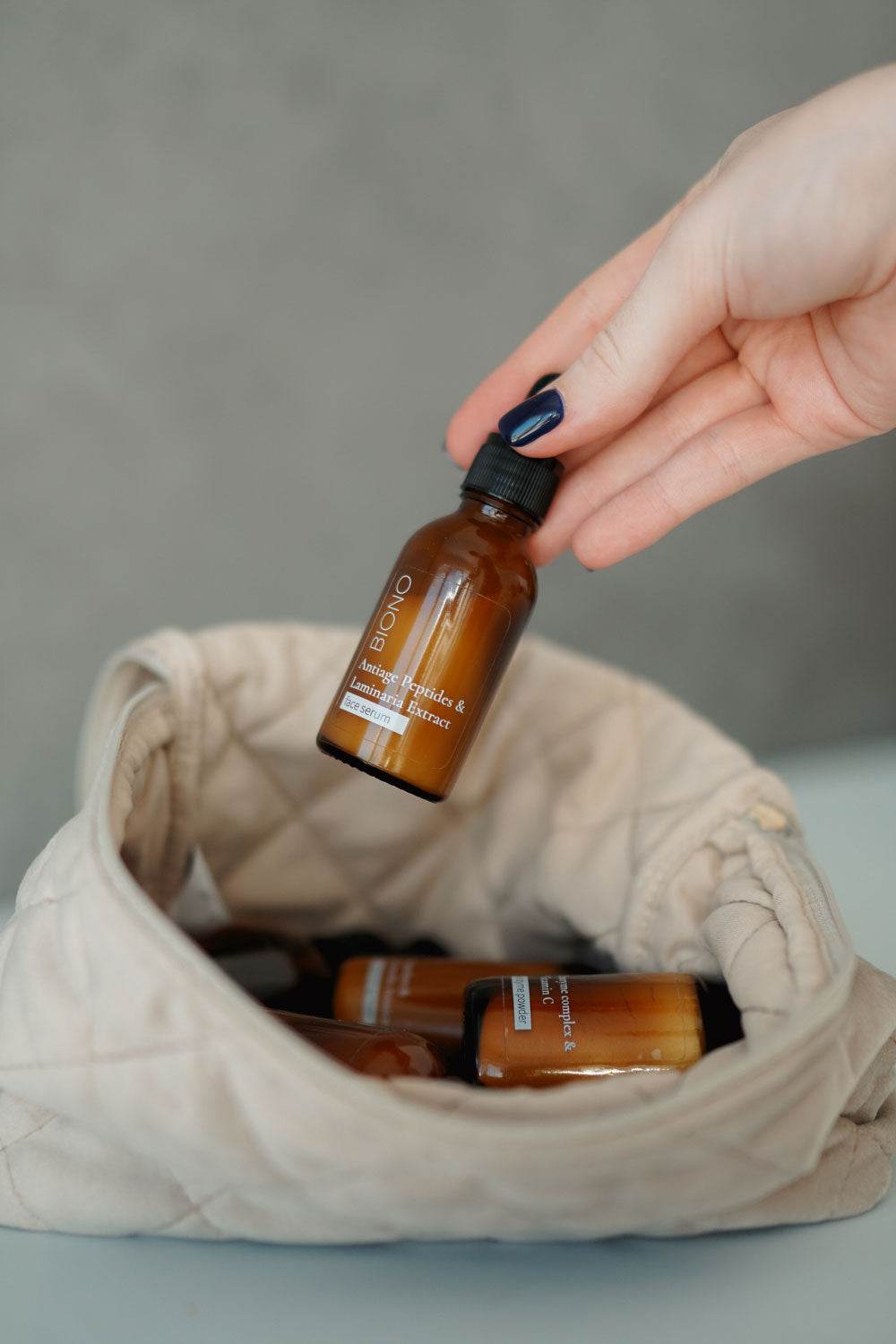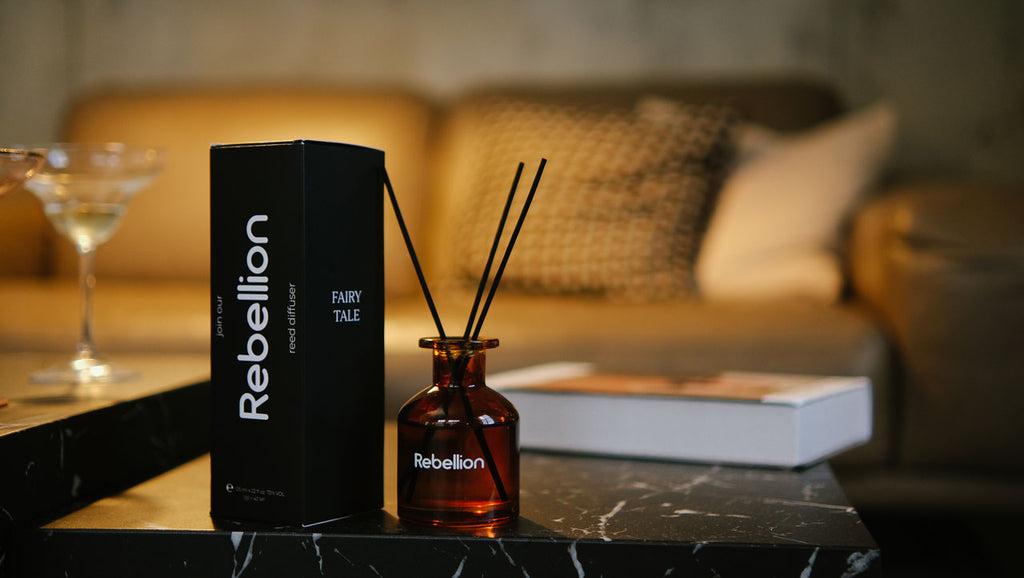
Cosmetics for Sensitive Skin: How to Choose the Perfect Products for Your Comfort
Sensitive skin affects a growing number of people, regardless of age or gender. Choosing the right cosmetics for sensitive skin can completely transform your quality of life, eliminating discomfort and restoring your skin's natural balance. In today's world, where we are exposed to stress, pollution, and harsh chemicals, our skin needs special protection and gentle care.
Cosmetics for sensitive skin and its special needs
Sensitive skin is characterized by increased reactivity to external and internal factors. People with this skin type often experience burning, itching, redness, and tightness after using standard cosmetic products. Cosmetics for sensitive skin must be formulated to minimize the risk of irritation.
Sensitive skin's protective barrier is weakened, meaning it loses water faster than other skin types. Therefore, sensitive skin care products should not only alleviate symptoms but also strengthen the natural lipid barrier. Tailoring a skincare routine to each individual's needs is also crucial.
Modern dermatology indicates that skin sensitivity can be both innate and acquired as a result of improper care or external factors. Understanding the mechanisms behind hypersensitivity allows for more precise selection of appropriate cosmetic products.

Ingredients to avoid in cosmetics for sensitive skin
The first step in choosing the right cosmetics for sensitive skin is identifying ingredients that may cause adverse reactions. Denatured alcohol, often found in toners and creams, dries the skin and can exacerbate irritation. Strong preservatives like parabens and formaldehyde are equally problematic, potentially leading to allergic reactions.
Artificial dyes and fragrances are other substances that people with sensitive skin should avoid. Even natural essential oils, paradoxical as it may sound, can be too strong for skin prone to irritation. Sensitive skincare products work best in fragrance-free formulas or those with minimal, mild fragrances.
Highly concentrated acids, such as glycolic or salicylic acid, can be too harsh for sensitive skin. However, if you want to introduce acids into your skincare routine, choose products with low concentrations and gradually acclimate your skin to their effects.
The best active ingredients for sensitive skin
Sensitive skin care should be based on gentle yet effective active ingredients. Hyaluronic acid is a true treasure for this type of skin – it intensely moisturizes without causing irritation. Its molecules, of varying sizes, penetrate different layers of the skin, providing long-lasting hydration.
Ceramides play a key role in regenerating the skin's lipid barrier. Sensitive skincare products enriched with ceramides help restore the skin's natural defenses against external factors. Niacinamide, or vitamin B3, soothes inflammation and reduces redness without causing irritation.
Prebiotics and probiotics in cosmetics support the skin's natural microflora, which is especially important for sensitive skin. These ingredients help maintain a healthy bacterial balance, which translates into better skin condition and greater resistance to irritants.
A skincare routine adapted to sensitive skin
A proper skincare routine for sensitive skin should be simple but consistent. Start each morning with a gentle cleanse with a soft, SLS-free foam or gel. After cleansing, apply a soothing, alcohol-free toner to restore the skin's proper pH and prepare it for the next steps.
A serum with hyaluronic acid or niacinamide is an ideal choice for daytime use – it will moisturize the skin and protect it from environmental aggressors. Products for sensitive skin should be applied using gentle, circular motions, avoiding excessive rubbing. Finally, apply a cream with a high SPF to protect the skin from the harmful effects of UV radiation.
Evening skincare routines can be a bit more intensive. After thoroughly cleansing, we can apply a regenerating serum with ceramides or peptides. Night creams should be richer in nutrients, but still gentle on sensitive skin. It's important to wait a few minutes between applying each product to allow the skin to fully absorb it.

Professional cosmetic lines for demanding skin
The modern cosmetics market offers specialized product lines designed for sensitive skin. These professional cosmetics undergo rigorous dermatological testing and are often recommended by specialists. They feature carefully thought-out formulas that minimize the risk of allergic reactions.
Pharmaceutical cosmetics constitute a special category of products for sensitive skin. They are developed based on the latest dermatological research and often contain active ingredients in optimal concentrations. Their effectiveness is confirmed by clinical trials, ensuring their safety and effectiveness.
When choosing professional cosmetics for sensitive skin, it's worth paying attention to dermatological certificates and labels. Dermatologically tested and hypoallergenic products guarantee that they have passed appropriate quality controls and are safe for irritation-prone skin.
Key features of high-quality cosmetics for sensitive skin:
- Formulas without artificial colors and fragrances
- Minimum number of ingredients in a recipe
- The presence of soothing ingredients such as allantoin and bisabolol
- Dermatological certifications and clinical testing
- Packaging that protects against light and air
Sensitive Skin Care Mistakes You Should Avoid
One of the most common mistakes in sensitive skin care is over-cleansing. Using too many products at once or washing your face more than twice a day can damage the skin's natural protective barrier. Sensitive skincare products should be introduced gradually, one product at a time, to monitor the skin's reaction.
Over-massaging when applying products is another mistake that can worsen irritation. Sensitive skin requires gentle treatment – products should be applied in gentle, circular motions, avoiding excessive pressure. It's also important to avoid hot water when washing your face, which can further dry out and irritate the skin.
Irregular skincare routines can worsen the condition of sensitive skin. Consistent use of carefully selected products over several weeks allows the skin to adapt and begin to show positive results. Changing your skincare routine too frequently can stress the skin and exacerbate its sensitivity.
The most common mistakes in sensitive skin care:
- Introducing too many new products at once
- Using too hot water to wash your face
- Excessive rubbing of the skin with a towel after washing
- Skipping UV cream in your daily skincare routine
- Using homemade face masks with kitchen ingredients
Seasonal adaptation of sensitive skin care
Sensitive skin reacts particularly strongly to changes in weather conditions, so it's important to adapt your skincare routine seasonally. In winter, when the air is dry and frosty, cosmetics for sensitive skin should be more nourishing and protective. Day creams can be richer in oils and occlusive substances, which will create a protective barrier against unfavorable conditions.
In summer, protection against UV radiation and excessive water loss becomes a priority. Sensitive skincare products should be lighter in consistency but enriched with moisturizing ingredients and antioxidants. It's especially important to use creams with a high SPF, which won't cause irritation.
The transitional periods of spring and fall are a time when sensitive skin can be particularly sensitive to changes. During these seasons, it's worth using cosmetics that strengthen the skin's protective barrier and soothe any irritation. Serums with ceramides or hyaluronic acid can be particularly helpful in maintaining skin balance.
When to consult a specialist
Despite using appropriate cosmetics for sensitive skin, some people may still experience problems. If you don't see improvement after several weeks of consistent care, it's worth consulting a dermatologist. A specialist can perform allergy testing and identify the specific substances causing your hypersensitivity reactions.
Sudden worsening of skin condition, the occurrence of severe inflammation, or allergic reactions are signals that you should immediately discontinue use of cosmetics and seek medical attention. Sometimes, what appears to be sensitive skin may be a symptom of a dermatological condition requiring pharmacological treatment.
A dermatologist can also help develop a personalized skincare plan that addresses a person's specific needs. A professional consultation is especially valuable for sensitive skin, where poor decisions can exacerbate problems. A specialist can also recommend specific brands and cosmetic products that will work best for your skin type.

